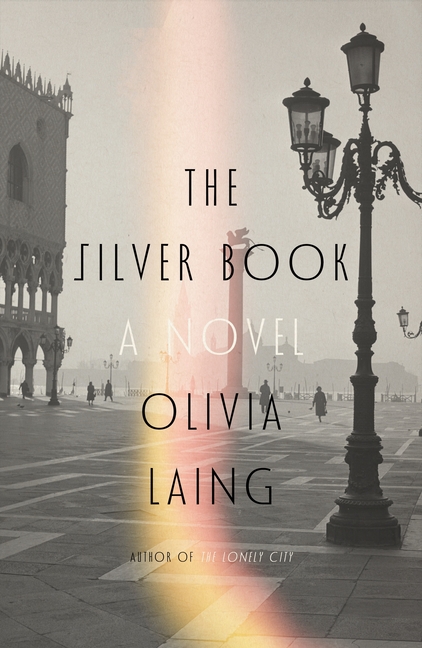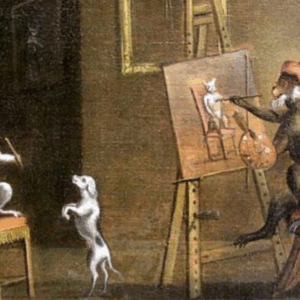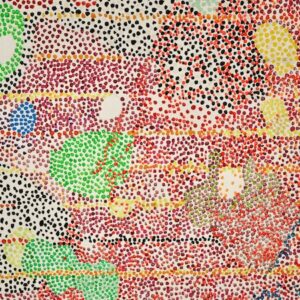
Margo Jefferson, Morgan Parker and More Discuss the Impact of Depression
From the Red Ink Series on Women Writers
Red Ink is a quarterly series focusing on women writers curated by Michele Filgate. The next event, which features Lidia Yuknavitch, Melissa Febos, Sarah Gerard, Marcy Dermansky, and Emily Raboteau, on literary misfits, will take place on February 23rd at powerHouse Arena. Below, recorded at a previous Red Ink, Margo Jefferson, Ruth Franklin, Elisa Albert, Morgan Parker and Bethanne Patrick discuss writing about depression.
Highlights from the conversation:
Elisa Albert: I think giving ourselves permission to experience the full spectrum of emotion, which is a permission often denied us by others and by ourselves, is often really just the release that’s necessary to make sure that the dark stuff doesn’t take up permanent residence in the body and in the psyche.
Morgan Parker: I would say that the closest I get is in poetry because I’m not necessarily writing a sentence that describes my depression. There’s a way to embed anxiety and depression in word choice, in images, in things like that. I think that at least feels the most true because it is so complicated and layered and complex. I think poems really allow for that. There’s more that’s allowed, and it doesn’t make linear sense and neither does depression. It feels like an appropriate container.
Ruth Franklin: What someone was saying earlier about depression being a rational response to our circumstances is something that also appears in [Shirley] Jackson’s writing because she’s dealing so much with the experience of the women in her era and in her generation. I see her work very much as the counterpart to “the feminine mystique” and what others were trying to impose as the dominant narrative of what women were supposed to be like and what they were supposed to be doing and how they were supposed to be behaving. So the lack of reality and the instability and the rebellion in so many of her characters can be seen as a reaction against those social norms.
Bethanne Patrick: For years I thought that writing was wrong. I thought that writing made me a witch. I thought that it was something I shouldn’t be doing… To view writing as a therapy for depression took me a very, very long time. Now I do find that it helps me to write out my feelings rather than eat them or get further into depression. Depression makes it very difficult for you to see writing as that kind of therapy.
Margo Jefferson: There is time for despair because it can’t be avoided. We make time for it and then we find a way to convert the despair into language and action. There has to be time for all of those feelings because they can’t be avoided.



















